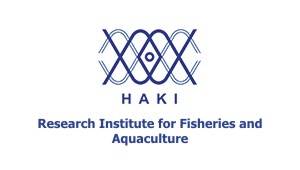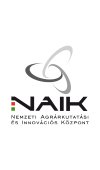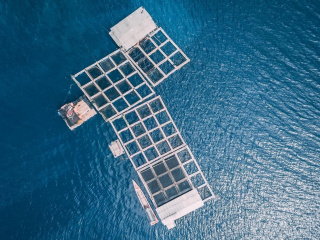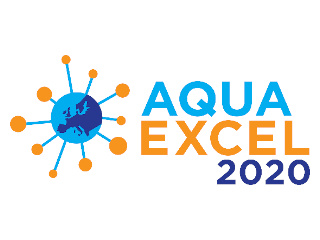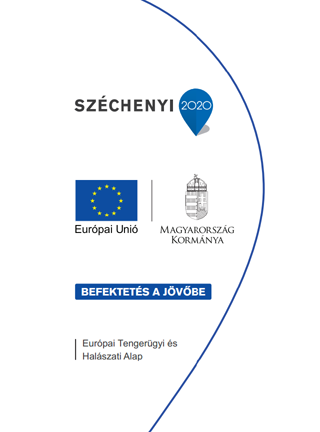
HAKI - Halbiológiai Osztály - Research Group of Fish Nutrition
Research topics in progress
- Alternative protein sources for aquafeed. Developing fish feeds based on by-products of agriculture and food industry.
- Effect of maternal nutrition to reproduction of fish and viability of progeny. Development of reproduction feeds to obtain high quality larvae.
Alternative protein sources for aquafeed. Developing fish feeds based on by-products of agriculture and food industry.
Development of aquaculture is highly influenced by the availability of quality, economical and affordable fish feeds. Due to the increasing demands and decreasing availability the production of fish meal and fish oil has been constantly decreasing in the last decade, therefore it is needed to search for adequate alternative fat and protein sources that can effectively replace the components that are originated from marine fish catches. An alternative of replacing fish meal could be the application of other proteins of vegetable or animal origin and development of fish feeds and production technologies based on them. However, in the application of these protein sources attention should be paid to their known features, e. g. their worse digestibility, crude ash content of bone meal and feather meal, low essential amino-acid content of blood meal and meat meal, which does not satisfy the needs of the fish, etc.
However, these disadvantages can be significantly reduced by development of feed production technology, development of new fish feed recipes, supplementations with amino-acids (e. g. lysine, methionine and iso-leucine), vitamins and micronutrients or application of enzymes helping digestion.
We plan to apply corn DDGS, a by-product of bioethanol production in fish feeds. High protein, fat, digestible fiber and available phosphorus content of DDGS enables the production of fish feed with high nutritive value. The insect meal should play an important role in aquaculture nutrition, but generally the insects present some characteristics that do not match with the fish requirement and the feed acceptance by each specie raising further questions.
Effect of maternal nutrition to reproduction of fish and viability of progeny. Development of reproduction feeds to obtain high quality larvae.
Broodstock nutrition can significantly impact reproductive performance and affect the quality of progeny. The nutrient supply regarding the fatty acids especially long-chain polyunsaturated fatty acids (Lc-PUFAs) has special importance as they significantly could contribute to adequate nutrient reserves of the eggs. On the other hand the reproduction parameter (spawning performance, hatching rate, fertilization rate etc.) and larvae performance (survival rate, development, deformities ratio) highly depends on the essential fatty acid ratio of the oocites. Essential fatty acid deficiency was frequently experienced in Hungarian carp farming using cereals as supplementary feed to natural food available in ponds. The reproduction success is still questioning issue in intensive production of different fish species, as well.
Running projects
- GINOP-2.3.2-15-2016-00058
- GINOP-2.3.2-15-2016-00025
Events
News
Eagerly awaited by the European aquaculture community familiar with the many benefits that the previous AQUAEXCEL projects provided, AQUAEXCEL3.0 has now officially launched. AQUAEXCEL3.0 aims to further boost the European aquaculture sector by, amongst others, expanding the Transnational Access programme to support even more external research teams collaborating with its high-quality facilities, providing free training courses on the latest topics and engaging closely with industry to ensure research is aligned with industry needs.
The Aquaexcel TNA project “Effects of lactobacilli supplemented to cultured pike-perch through live and inert diets on fish performance in the case of rapid and gradual weaning” led by Jovanka Lukic, PhD, Institute of Molecular Genetics and Genetic Engineering (IMGGE), University of Belgrade (UB), Serbia and performed at the site of Research Institute for Fisheries and Aquaculture NAIK HAKI in a close collaboration with NAIK HAKI researchers yielded now already third great achievement.
